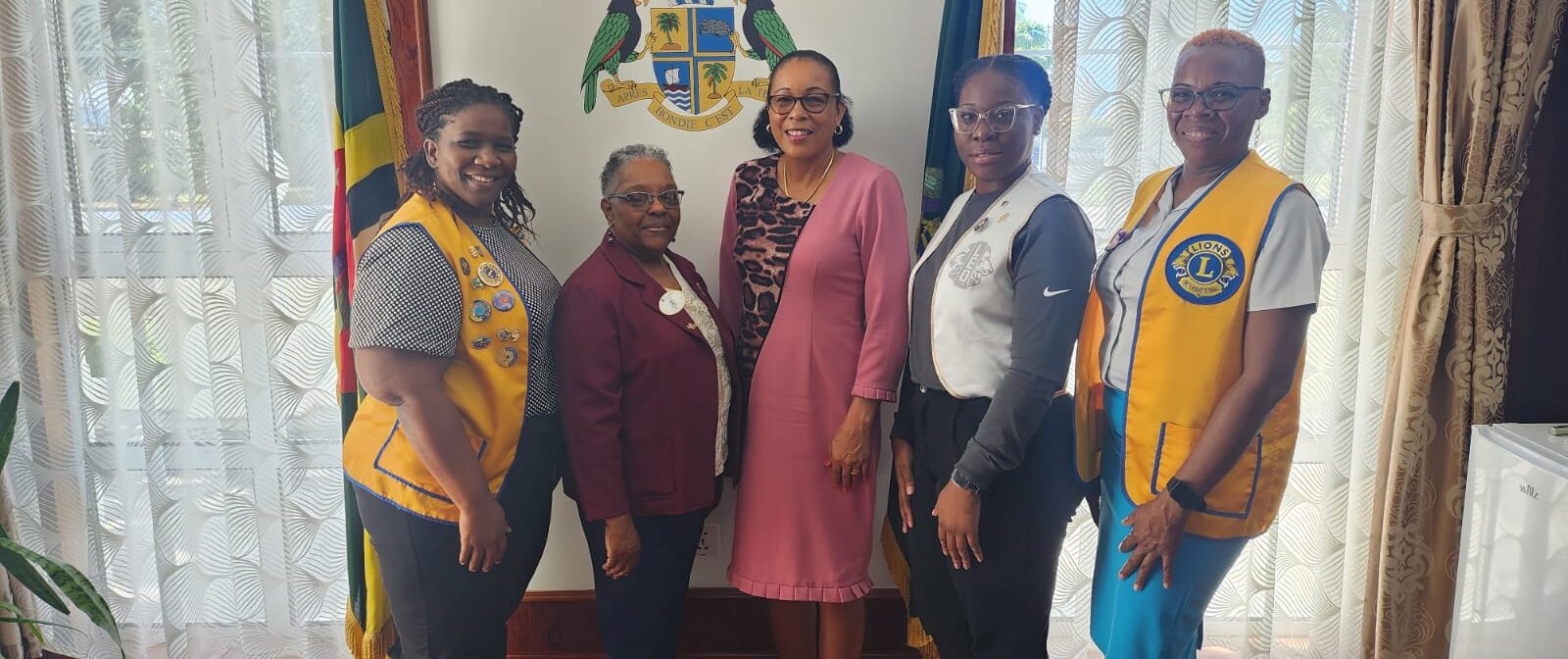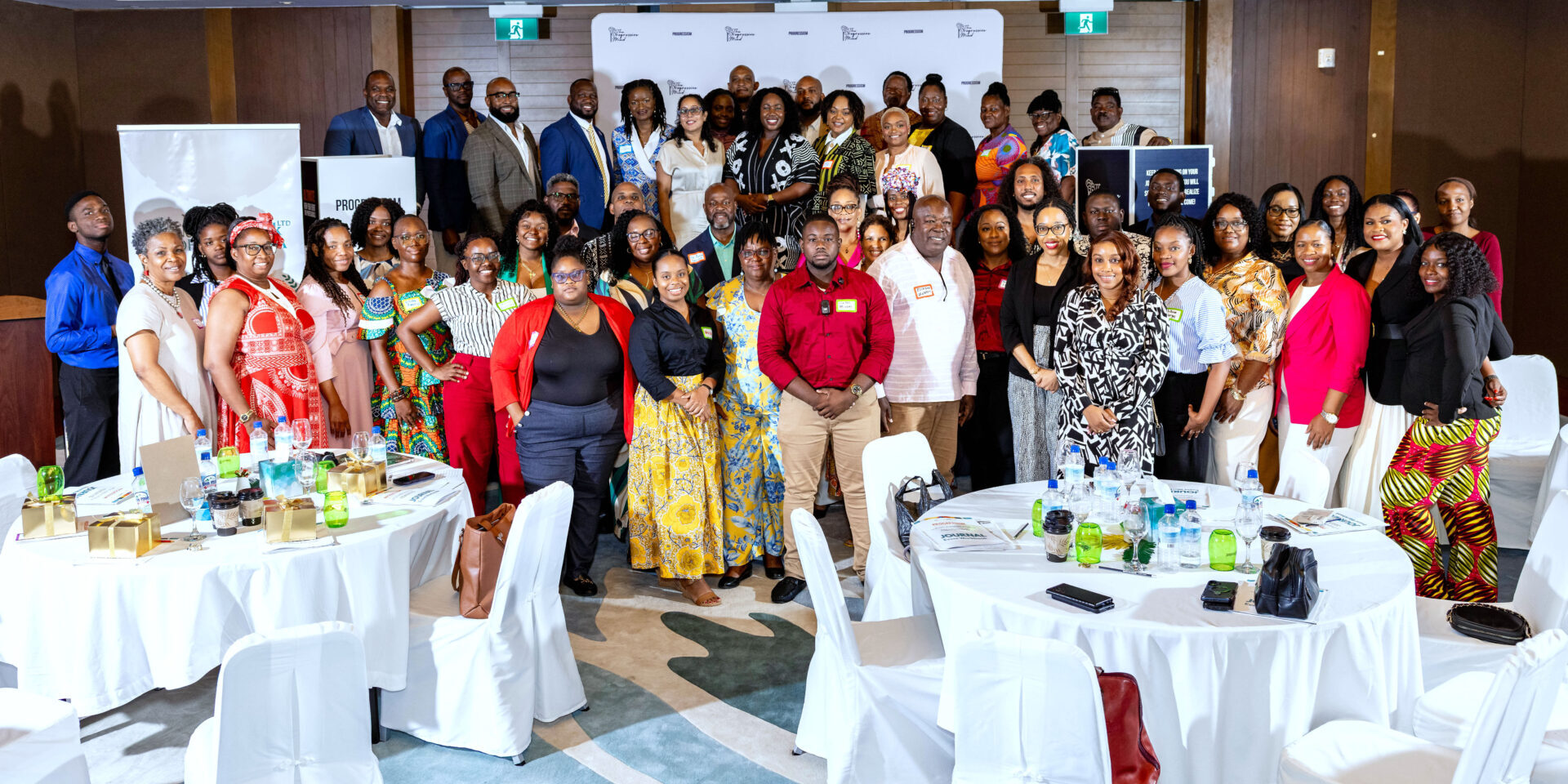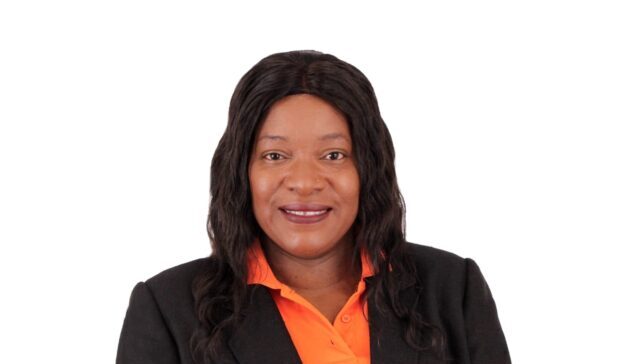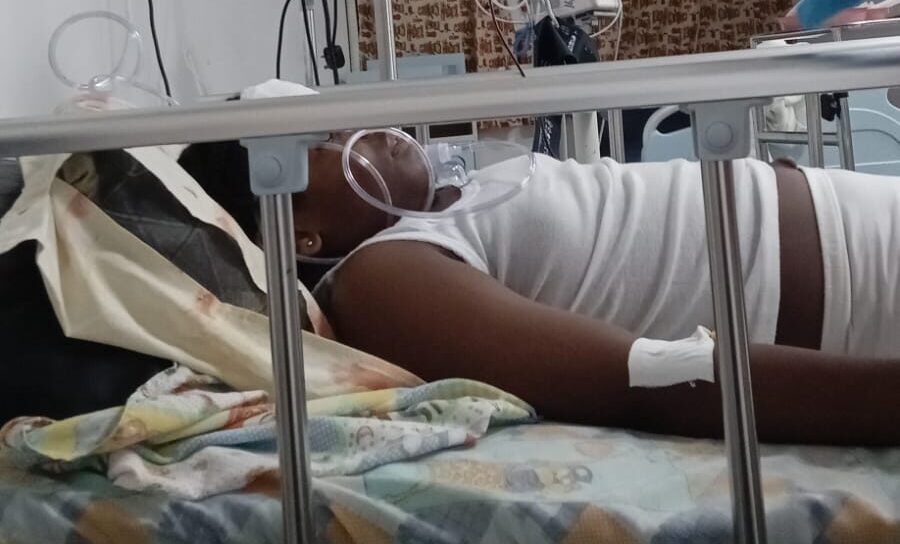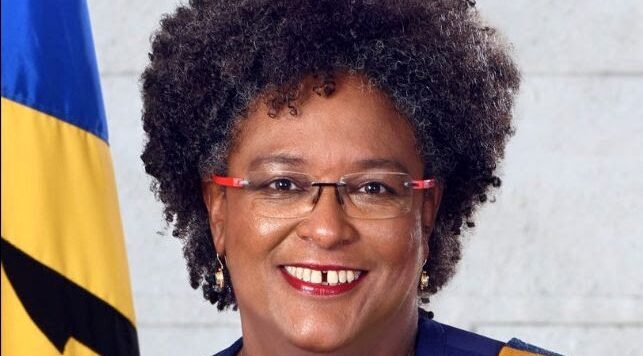In a significant demonstration of civic engagement, the Dominica Lions Club delegation, accompanied by the District Governor of Lions Clubs International District 60B, was formally received by Her Excellency President Sylvanie Burton at the presidential residence on January 16, 2026. This high-level courtesy call formed an integral component of the District Governor’s official agenda, highlighting the organization’s sustained commitment to national development through voluntary service.
The dialogue centered on the Lions Club’s multifaceted contributions to Dominican society, particularly their impactful interventions in healthcare accessibility, youth development programs, disaster response coordination, and community enhancement initiatives. The District Governor articulated the organization’s strategic vision for the region, emphasizing three core priorities: enhancing service delivery effectiveness, cultivating leadership capabilities among members, and expanding participatory engagement across the district’s operations.
President Burton expressed profound appreciation for the organization’s dedicated service, acknowledging both its local impact and global humanitarian network. She specifically emphasized the critical role of civil society organizations in fostering social cohesion and driving national progress, with particular commendation for engaging young men in constructive community activities. The President also recognized the Leo Club’s instrumental role in shaping youth development trajectories through structured mentorship and service opportunities.
The Dominica Lions Club reaffirmed its institutional commitment to maintaining collaborative partnerships with national stakeholders while continuing to operationalize the Lions Clubs International motto, “We Serve,” through concrete community-driven projects and humanitarian interventions.
